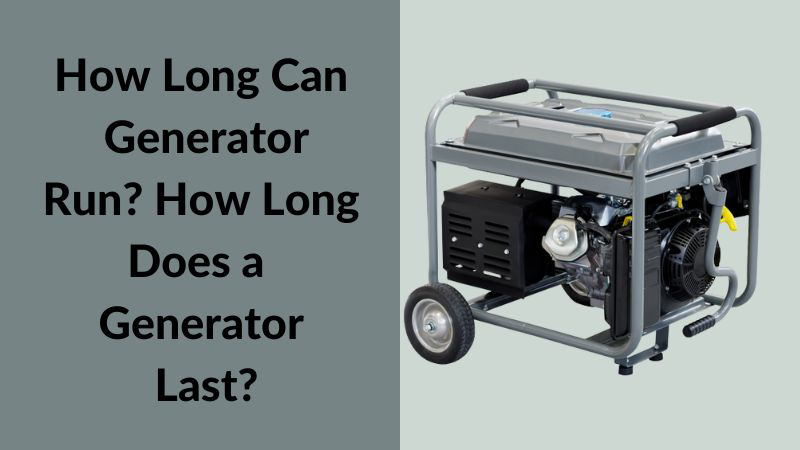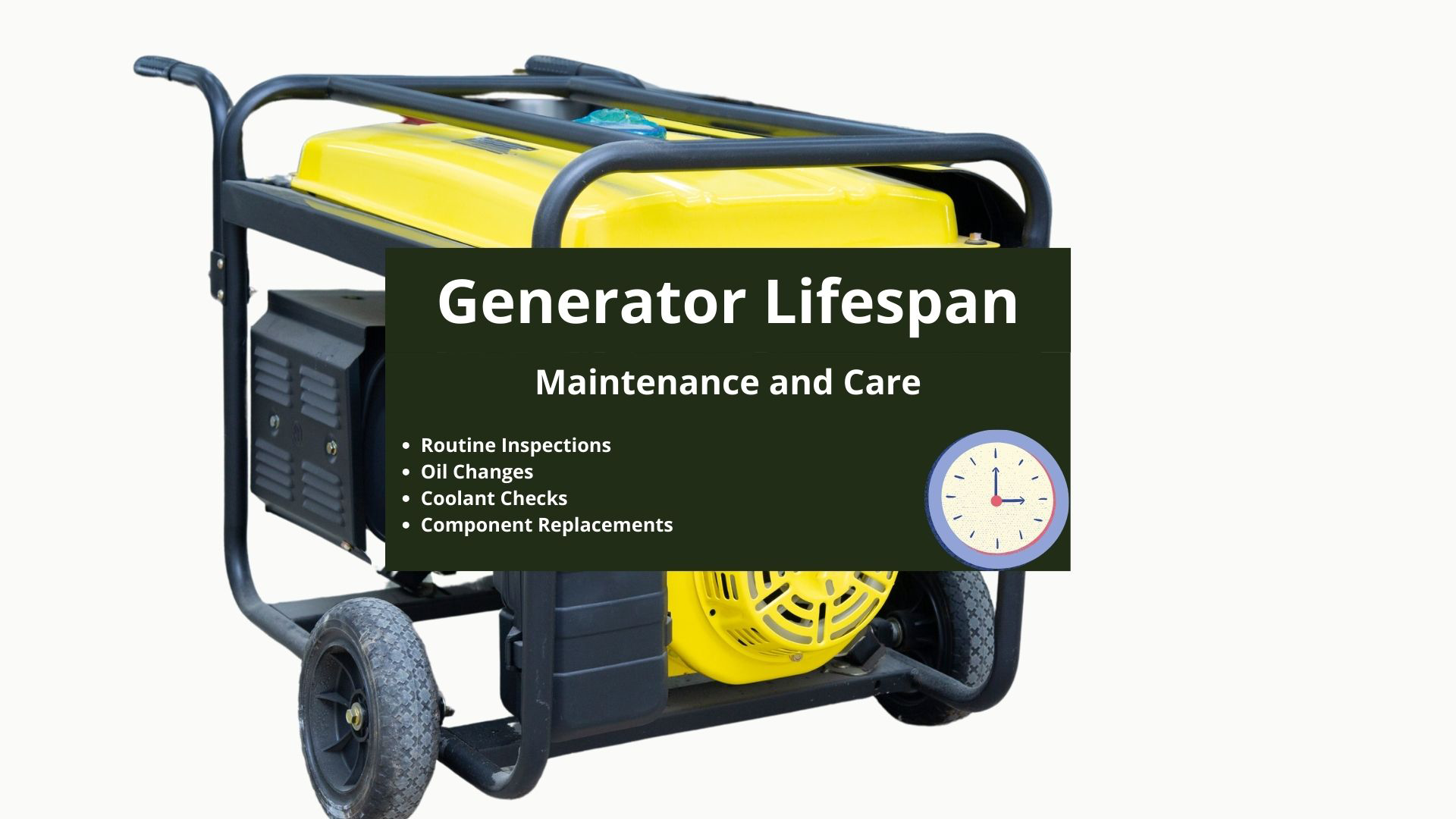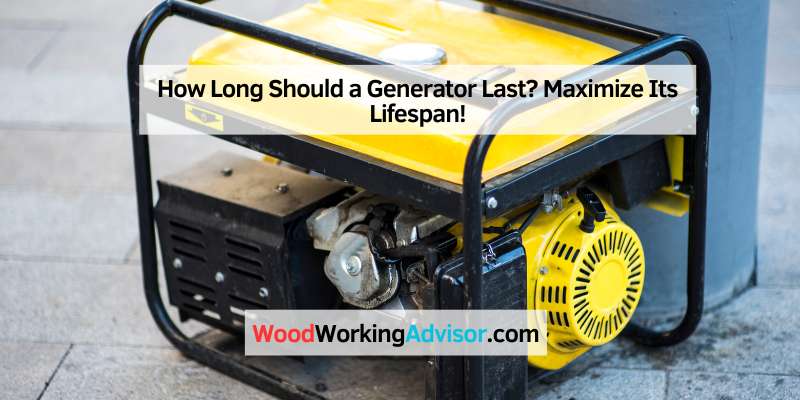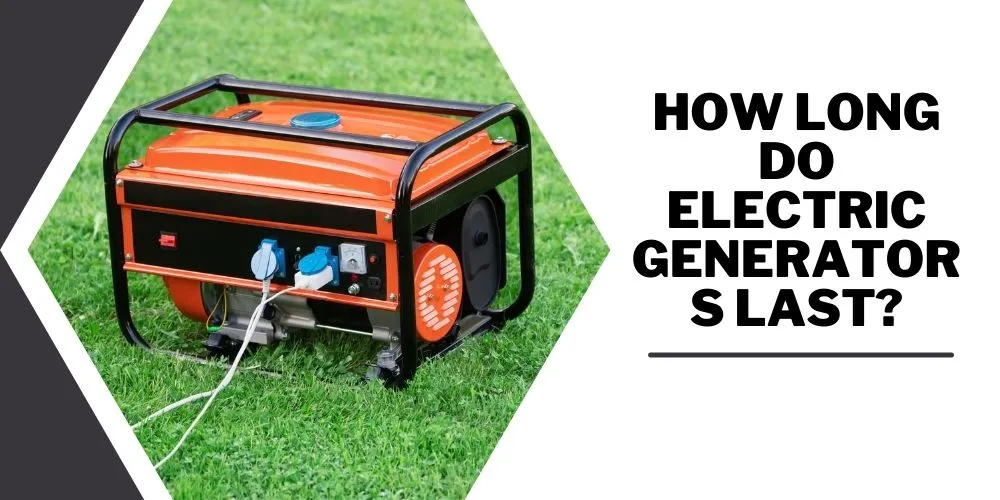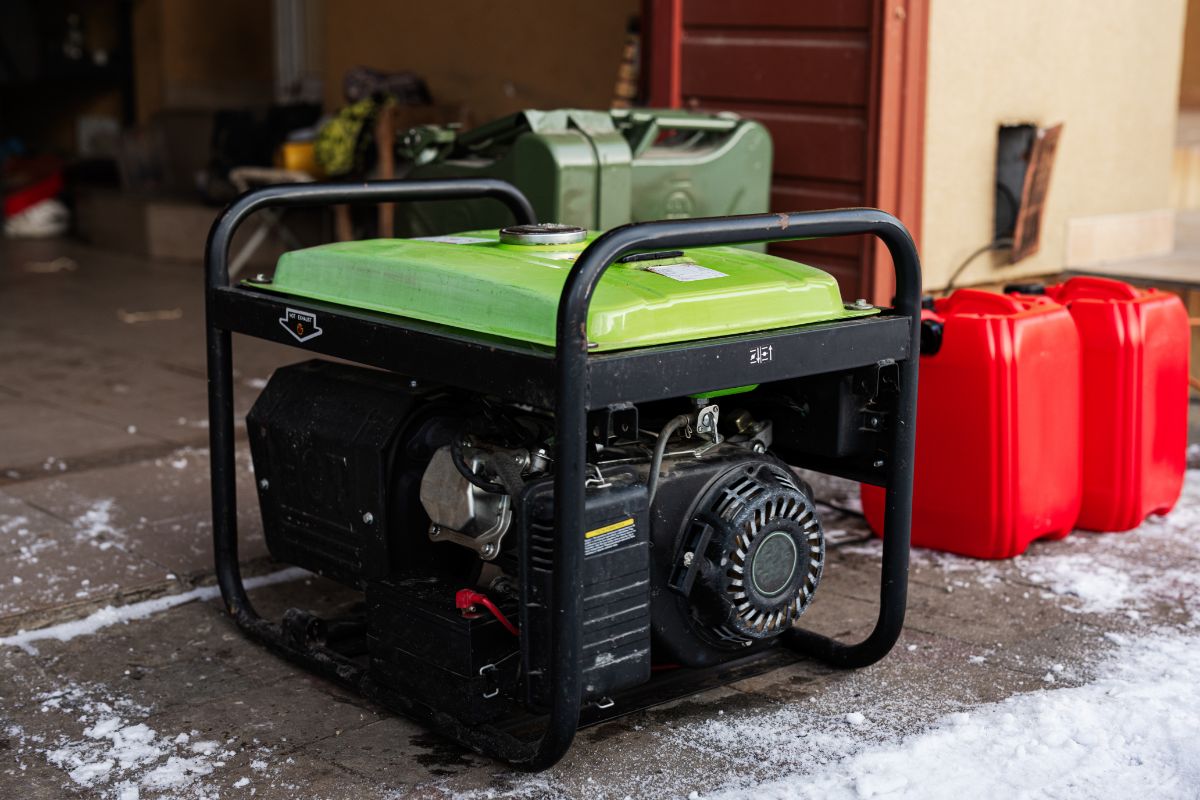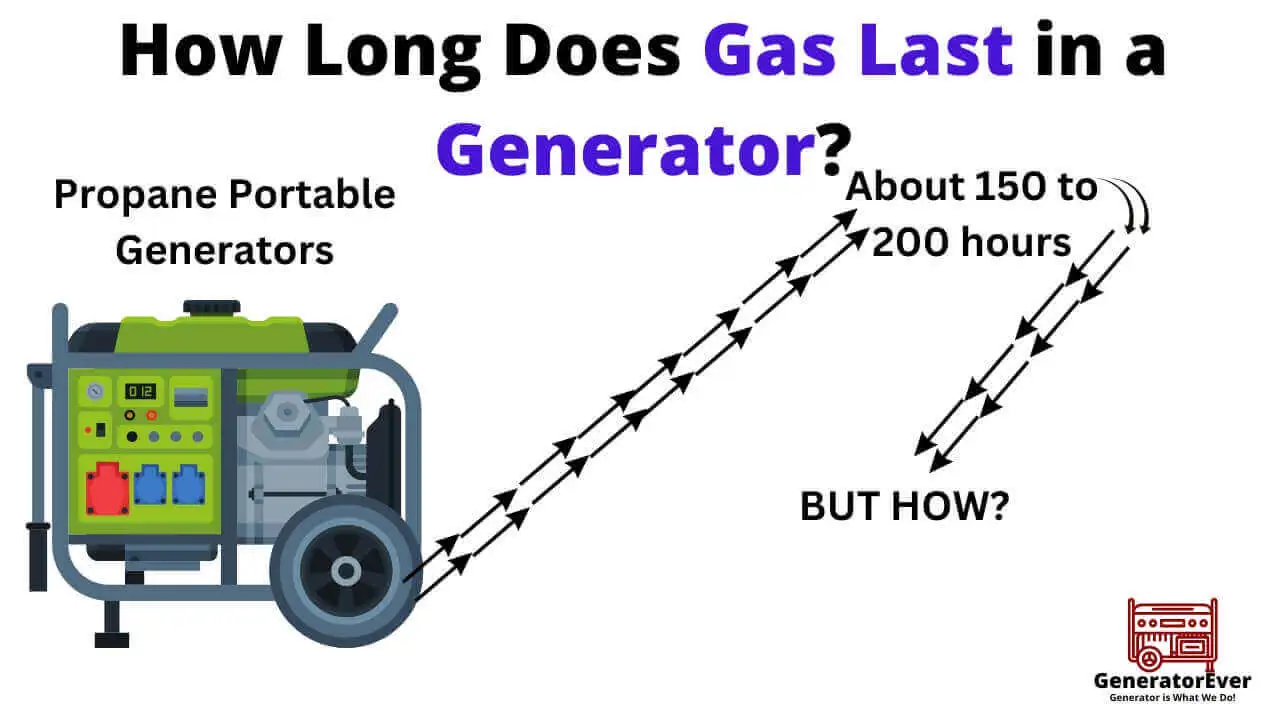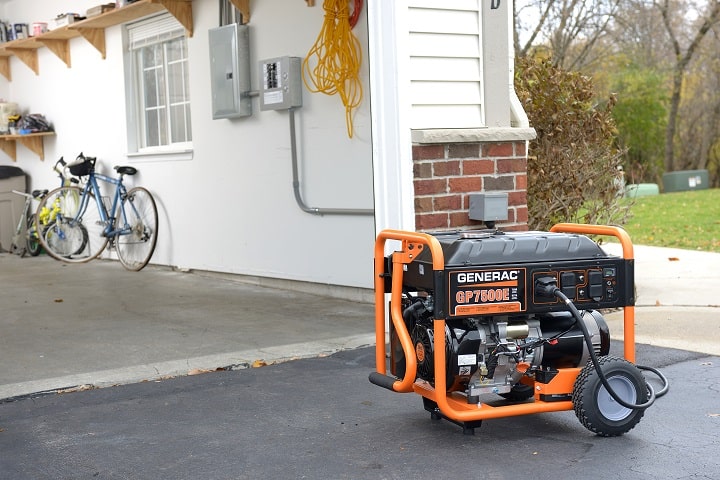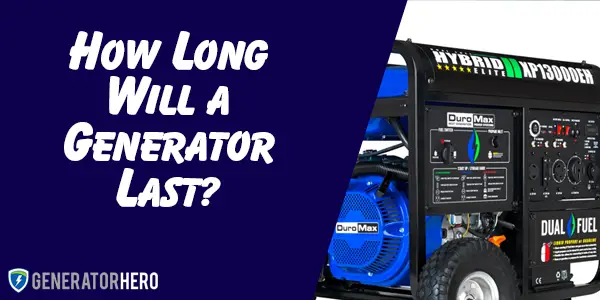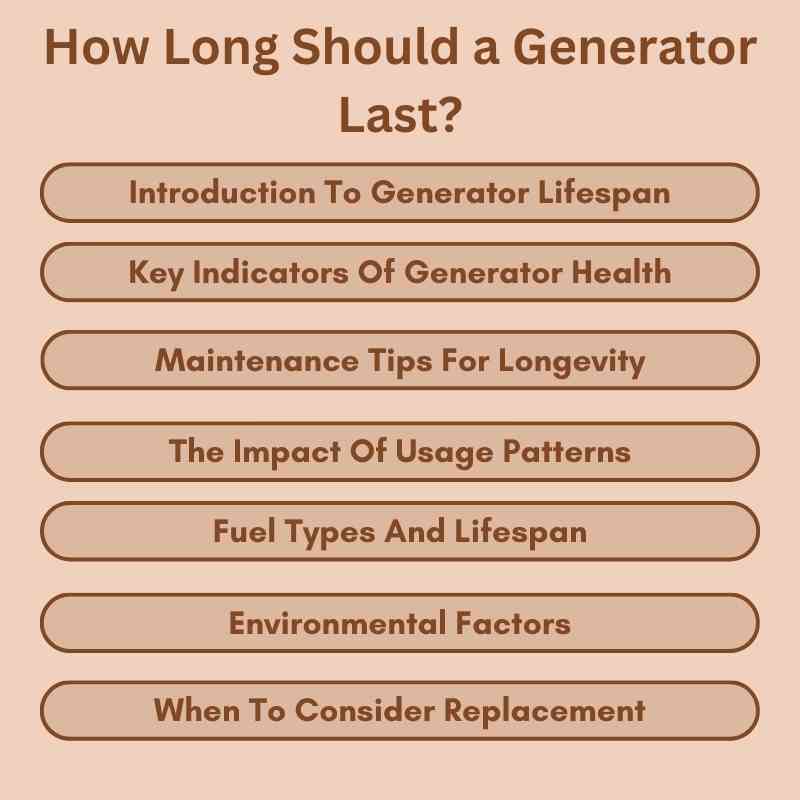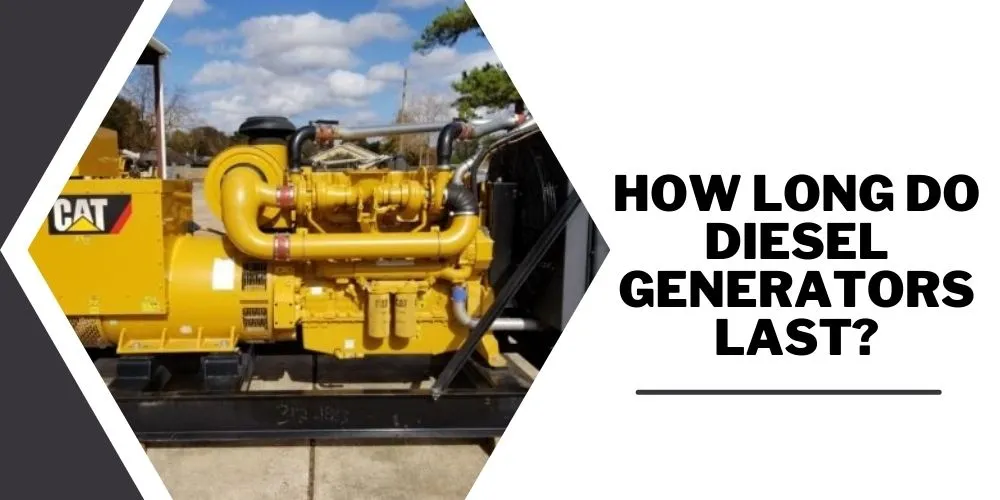How Long Will A Generator Last

The steady hum of a generator providing power during an outage has become a familiar soundtrack for millions. As extreme weather events become more frequent and grid reliability wanes, homeowners and businesses increasingly rely on these machines. But how long can they truly depend on that reassuring hum? The answer is far from simple, and understanding the lifespan of a generator requires navigating a complex web of factors.
This article delves into the heart of generator longevity. We will explore the diverse elements influencing how long a generator lasts. This includes fuel type, maintenance practices, usage patterns, and inherent design variations. Understanding these variables is crucial for anyone looking to maximize their investment and ensure their generator is ready when needed most. We’ll analyze data, expert opinions, and real-world scenarios to provide a comprehensive overview.
Fuel Type and Engine Design
The type of fuel a generator uses significantly impacts its lifespan. Gasoline generators, the most common type for home use, generally have a shorter lifespan than their propane or diesel counterparts.
Gasoline tends to degrade more quickly, especially when stored for extended periods, leading to carburetor issues and engine damage. Propane and diesel, on the other hand, are more stable and can be stored for longer without significant degradation.
Furthermore, diesel engines are typically built with heavier-duty components designed for sustained operation, contributing to their longer lifespan.
Diesel Generators: The Long-Haul Champions
Diesel generators are renowned for their durability and longevity. Often used in industrial settings and for backup power in critical infrastructure, they can last for decades with proper maintenance.
Industry experts estimate that a well-maintained diesel generator can operate for 15,000 to 20,000 hours or more. This lifespan advantage stems from the robust design of diesel engines, which are built to withstand higher compression ratios and prolonged use.
According to data from the Electrical Generating Systems Association (EGSA), regular oil changes, filter replacements, and cooling system maintenance are essential for maximizing the lifespan of a diesel generator.
Gasoline and Propane Generators: Balancing Cost and Longevity
Gasoline and propane generators, while often more affordable upfront, typically have a shorter lifespan than diesel models. A gasoline generator might last 1,000 to 3,000 hours.
Propane generators generally fare better, potentially reaching 2,000 to 5,000 hours due to the cleaner-burning nature of propane. However, both fuel types require diligent maintenance to prevent fuel-related issues and engine wear.
Proper fuel stabilization is critical for gasoline generators that sit idle for long periods. Neglecting this can lead to gumming and corrosion within the fuel system.
The Critical Role of Maintenance
Regardless of fuel type, proper maintenance is the single most important factor in determining a generator's lifespan. Neglecting routine maintenance can drastically shorten a generator's operational life and lead to costly repairs.
Regular oil changes are essential for lubricating engine components and preventing excessive wear. Air filter replacements ensure optimal airflow, preventing overheating and engine strain.
Furthermore, spark plug inspections, fuel system cleaning, and battery maintenance are crucial for ensuring reliable performance and preventing unexpected breakdowns. Many manufacturers provide detailed maintenance schedules in their owner's manuals.
"Preventive maintenance is the key to extending the life of any generator," says John Miller, a certified generator technician with over 20 years of experience. "Following the manufacturer's recommendations and addressing minor issues promptly can prevent them from escalating into major problems."
Usage Patterns and Load Management
How frequently and intensely a generator is used directly affects its lifespan. Running a generator continuously at its maximum capacity will significantly shorten its life compared to using it intermittently at a lower load.
Overloading a generator can cause overheating, engine damage, and premature failure. It’s vital to calculate the total wattage of the appliances and devices you plan to power and choose a generator with sufficient capacity.
For standby generators, regular exercise runs are recommended to keep the engine lubricated and the components in good working order. This prevents seals from drying out and ensures the generator is ready to start when needed.
Environmental Factors
The environment in which a generator operates also influences its lifespan. Exposure to harsh weather conditions, such as extreme heat, cold, humidity, or dust, can accelerate wear and tear on engine components and electrical systems.
Protecting a generator from the elements with a suitable enclosure can help extend its lifespan. Regular cleaning to remove dirt, debris, and moisture is also crucial.
Saltwater environments are particularly corrosive and require extra attention to prevent rust and corrosion damage, especially on metal parts and electrical connections.
Technological Advancements and Future Trends
Generator technology is constantly evolving. Modern generators often incorporate features designed to enhance durability and extend lifespan.
These include advanced engine designs, improved cooling systems, and sophisticated control systems that monitor performance and detect potential problems early on. Some manufacturers are also exploring alternative fuel sources, such as natural gas and renewable energy, to reduce emissions and potentially extend generator lifespan.
As smart home technology becomes more prevalent, we can expect to see generators integrated into home energy management systems, allowing for more efficient and optimized usage. This will further prolong their lifespans and reduce fuel consumption.
Conclusion
The lifespan of a generator is not a fixed number. It's a variable determined by a complex interplay of factors. While diesel generators typically offer the longest operational life, gasoline and propane models can provide reliable backup power with proper care and maintenance.
Understanding the impact of fuel type, maintenance practices, usage patterns, and environmental conditions is crucial for maximizing your generator investment. By following manufacturer recommendations, performing regular maintenance, and using your generator responsibly, you can ensure it provides reliable power for years to come.
Ultimately, investing in a quality generator and prioritizing its upkeep is the key to weathering power outages and ensuring peace of mind during uncertain times. By proactively addressing these key areas, users can significantly extend the lifespan of their generators, securing reliable power for years to come.

